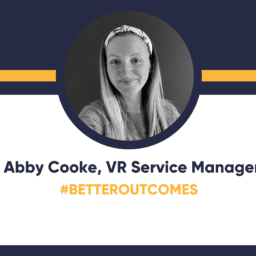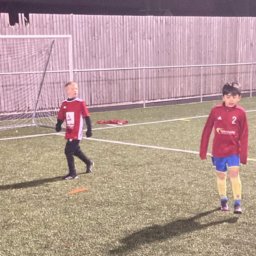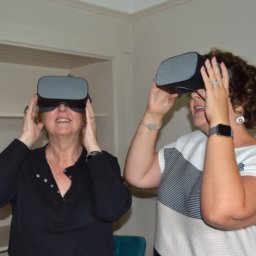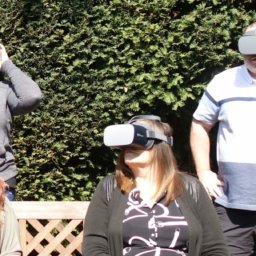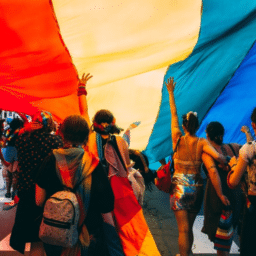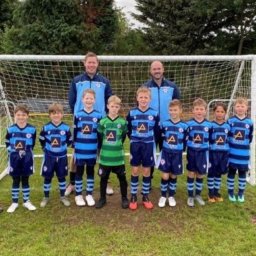This week we joined with our new VR Lead Trainer and Facilitator, Mandy Miranda, who shared what inspired her to work with us and discuss her role at Antser.
What is your role at Antser?
I am the new Lead Trainer and Facilitator for Virtual Reality. I deliver the certification training; so when a local authority, adoption agency or an education provider contracts with us for our VR behaviour change programme, I’m the person that does their verification training.
When I’m not doing VR training, I design and deliver training for children and adults sector professionals.
Why did you choose Antser?
I was ready to retire, however, via my profile on LinkedIn a recruiter found my details and passed them onto Antser. After they interviewed me on the Monday morning, I was then interviewed by Antser on the Wednesday night and the rest is history.
I was really excited about the whole aspect of VR. I had been a therapeutic parenting trainer for the last seven years for foster carers and social workers and I just thought this was the most amazing way to help foster carers to get under the skin of children to really understand them.
I think that while you can become more knowledgeable in standard classroom scenario, research shows we can embed and learn 4x faster with immersive films in 360-degree vision in out VR headsets.
I’ve been delivering training now for the past month and it has been great giving practitioners more tools for their toolbox and I think they’re important tools that can be used everywhere.
My dream would be to get magistrates and judges to use the VR to view the individual standing in front of them in the criminal justice system from a different perspective, particularly those who have been in care and in and out of institutions and prison all their life, to gain a meaningful understanding about what their first years were like and how that impacted on their brain development, bringing together a more trauma informed approach.
How did you get into your chosen career and why did you choose it?
I started off in advertising and telesales. When my children were little, I attended a course called “Out the House’ and it was all about throwing away all those negative self-images that you’ve got about your possible achievements and began thinking outside the box. We were the first year of Access students who had no GCSE’s or O-levels and I absolutely loved it, completing the equivalent of A Levels, over the next four years, I went on to do a Degree and my qualification in Social Work.
I have nearly 30 years’ experience as a social worker and manager in Adult and Children’s Social Care specialising in training and Therapeutic Parenting, Children Centre Management, Criminal & Sexual Child Exploitation, Radicalisation & Extremism and Harmful Sexual Behaviours.
My track record spans across Mental Health services in following roles; Dual Diagnosis social worker in Community Mental Health Team for Homeless, Mother & Baby Perinatal Mental Health Unit, Inpatient YP Self Harm Unit, Addiction services.
I have also held additional locum roles in Adult & Children’s Learning Disabilities, Care Leavers Team, Child Protection Assessment & Safeguarding, Residential Rehabilitation Assessment Team, and I have been a Humanitarian Aid Social Worker in Sri Lanka after the Tsunami.
What has been the biggest challenge in your career?
I think one of the biggest challenges is that there are lots of stereotypes around mental health and addiction. I think that’s also why I was keen to work at Antser, to look at using the VR to help people grasp who the person in front of you truly is. It is a great way to get people to stand in someone else’s shoes for a little while. I think the biggest problem was getting people to have a non-judgmental attitude.
In my career I was very lucky because I kept moving from different roles and I didn’t get burnt out, which nobody in social care wants to do.
In regard to your new role, what are you most excited about?
I am most excited about changing lives. I think VR is a gamechanger and to give social workers a new tool to have in their toolbox is the greatest gift to busy professionals, I believe it will change lives and that it will improve outcomes for children and young people.
I think VR can be a part of the assessment process, for example you could really give foster parents a more realistic understanding of the environment these children lived in. If we could all remember that all behaviour is communication, then maybe we’d be a bit more professionally curious to understand what that behaviour is all about.
Learn more about our Virtual Reality programme here.


